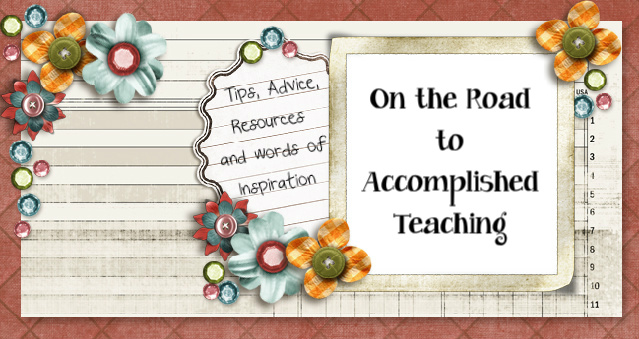Students can behave in wild ways sometimes...
"How many times do I have to tell you to stop talking?"
"You should know how to behave by now!"
Consistency:
Practice and Procedures:
How you address your procedures often makes the difference in how students handle these expectations. You may have issues if your procedures are:

 |
| Are you just about ready to pull out your hair? |
In a previous post, consequences were introduced as a way to enforce your rules. The posting, Consequences: the Backbone of Classroom Rules, detailed the reasons behind having consequences for your rules. What happens when you are using consequences but you are still struggling with behavior issues? Take a look at these quotes:
"How many times do I have to tell you to stop talking?"
"You should know how to behave by now!"
If this sounds like the daily song that you sing to your students, perhaps you should reflect on your management system. Remember that the highlights of your system include your rules, consequences and procedures:
- Rules - the established list of acceptable behaviors in your classroom.
- Consequences - what happens when students fail to follow the rules of the classroom.
- Procedures - how you want students to perform specific activities in the classroom.
These are the main highlights, but what drives the management system is how you enforce these parameters. How you do it boils down to two techniques: using consistency and practice, practice, practice.
Consistency:
Take a look at your rules. Are they an important ingredient to your classroom management system, or are they just another poster on the wall? Do students follow the rules? How do you enforce them? It's important to do what you say, and say what you do. If you don't treat your rules and consequences as if they're important, don't expect your students to follow them. Being consistent means having a meaningful response to any breach of the rules. And the responses (whether they are a look, a conference, or a phone call home) must come immediately after the infraction, so the students know what to expect. And you can't break the rules either - if you expect students to raise their hands to speak, don't answer questions or comments that students blurt out, ever!
Practice and Procedures:
How you address your procedures often makes the difference in how students handle these expectations. You may have issues if your procedures are:
*overlooked or ignored on a regular basis
*debated and argued instead of followed
*goals instead of classroom habits
* something that you don't enforce regularly
Now, take a look at your procedures. How do you regulate them? If a student doesn't do things the way you want them done, you need to reteach your procedures, and have the student(s) practice them.
Let's see how to put teeth behind your rules and procedures!
Let's see how to put teeth behind your rules and procedures!

